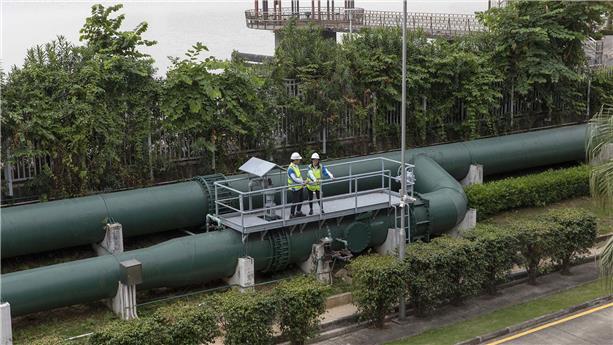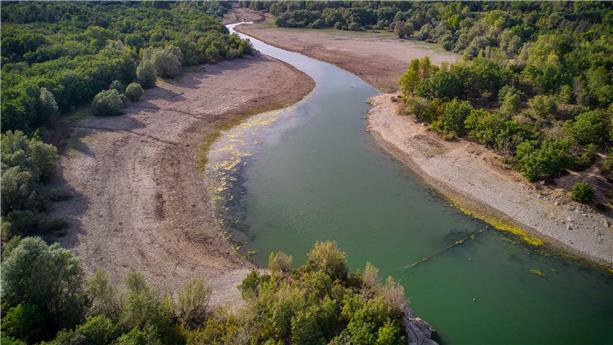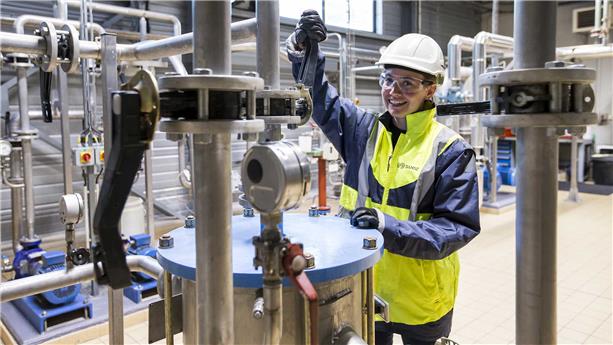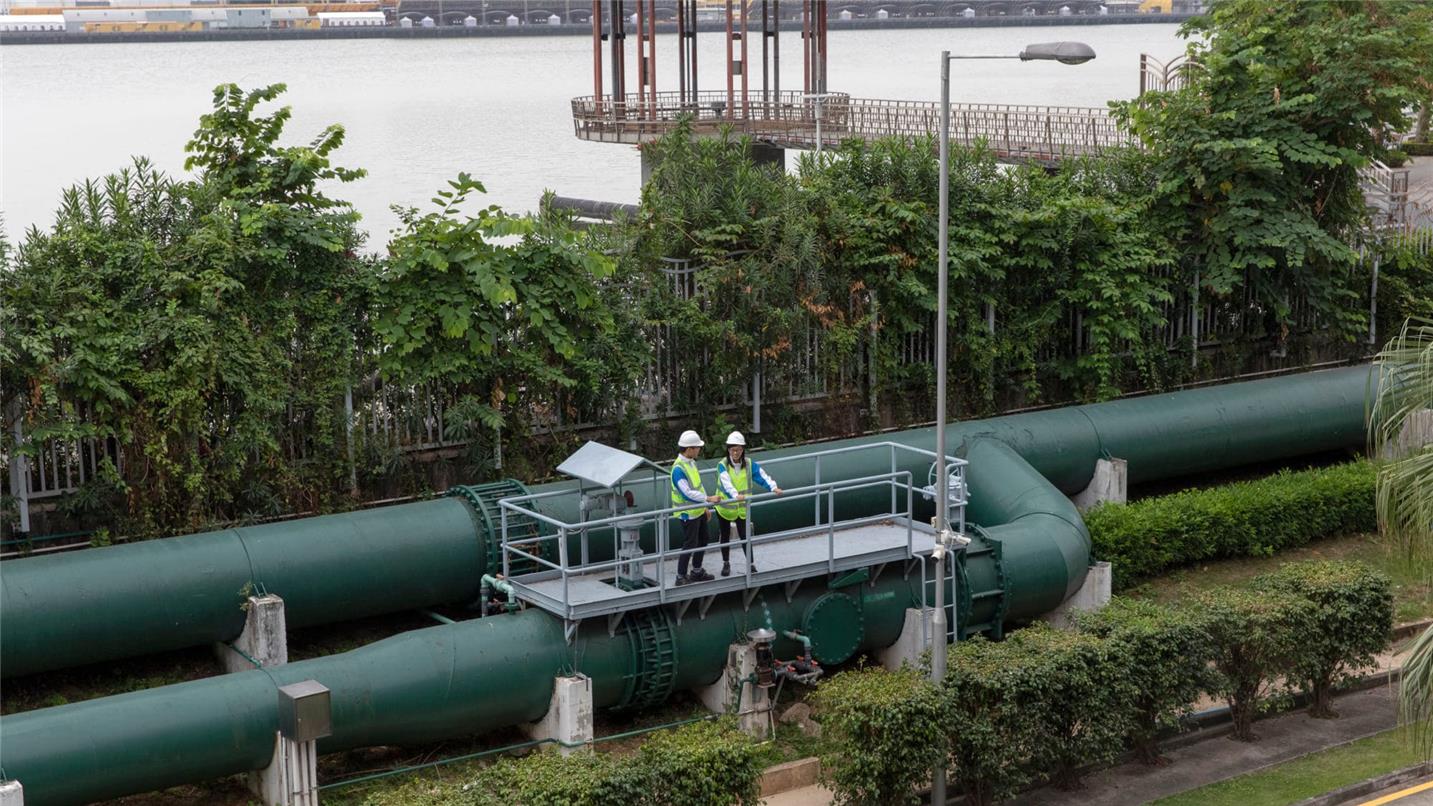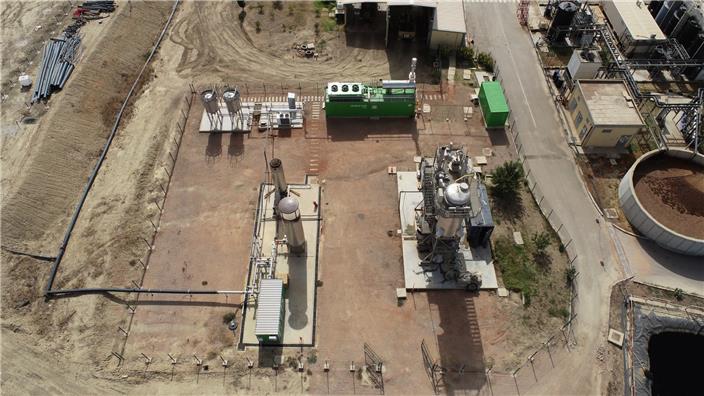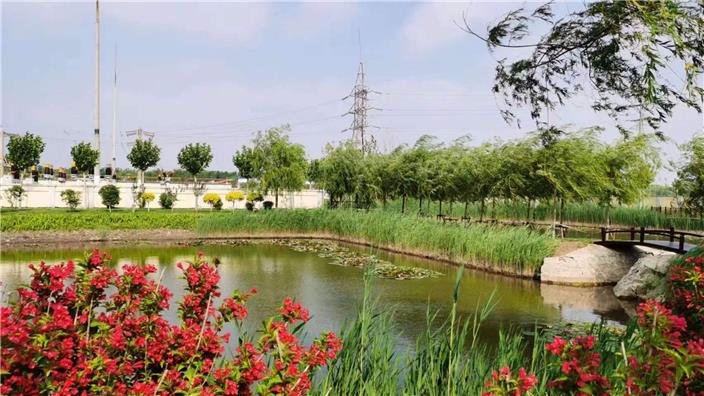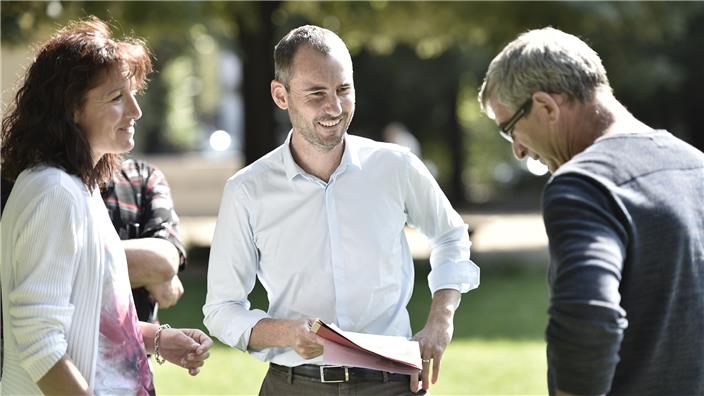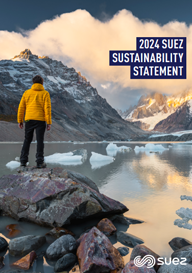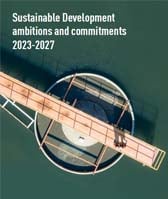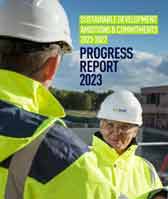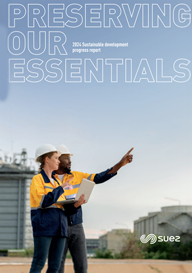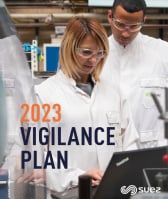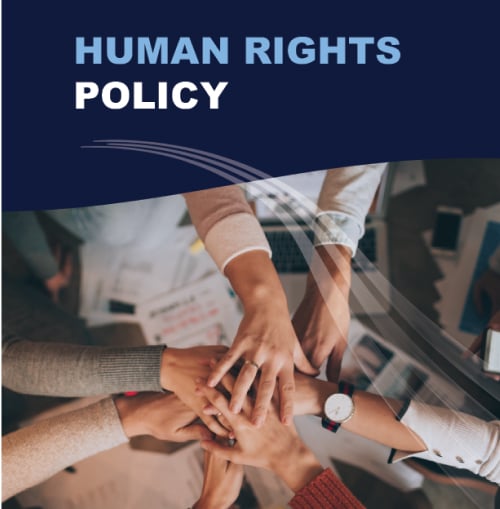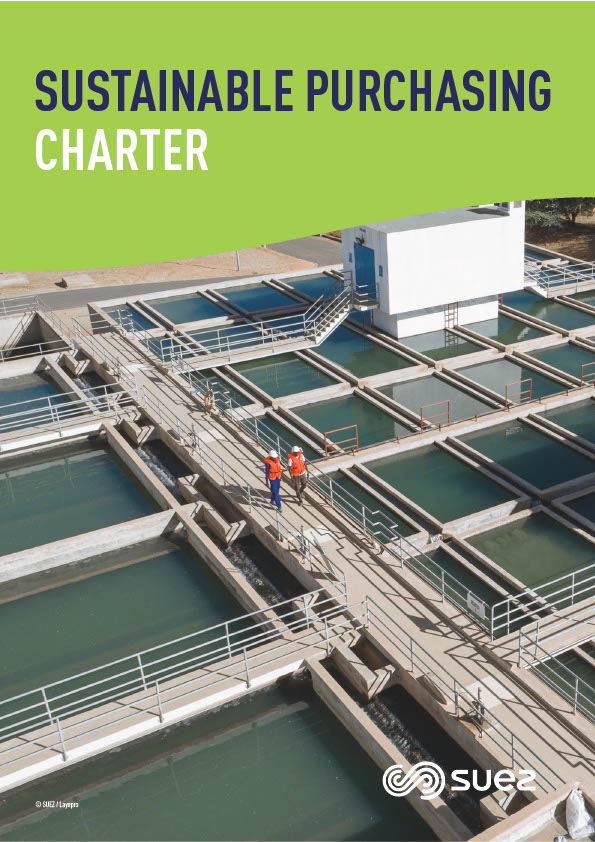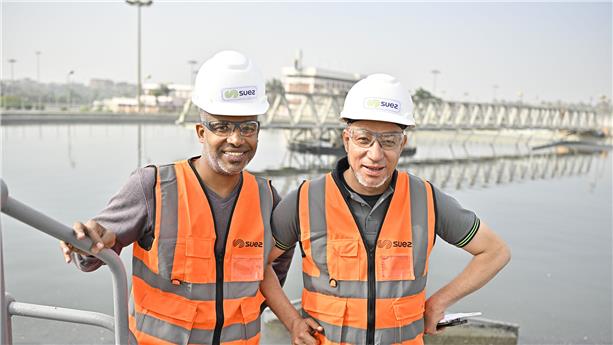
Contributing through our water and waste businesses
Preserving nature lies at the heart of our business. For more than 160 years, we have helped to preserve natural environments by treating wastewater, and to prevent pollution by collecting and upgrading waste.
At a time when climate change is increasing water stress in many communities, we are offering solutions to help people use water more efficiently and to create alternative water resources.
We are helping communities reduce their carbon emissions and achieve energy independence by producing partially renewable local energy from waste and sewage sludge.
Promoting and implementing practices that reduce consumption, more efficient technologies and circular solutions to reuse and make the best possible use of the Earth’s finite resources is central to our purpose.
Our commitment to making further progress regarding the climate, nature and society
In response to climate change, the depletion of natural resources and biodiversity loss, along with growing pressure on water resources, we want our business activities to make a greater contribution to sustainability.
This is the objective of our 2023-2027 sustainable development roadmap, which sets ambitious targets as regards fighting climate change, preserving biodiversity and acting in a socially responsible way. A year after its launch, we have already achieved tangible results, such as becoming self-sufficient in terms of our electricity consumption in Europe.

Climate

Nature

Social
Our external recognitions
Our commitments were recognised in 2024 by two leading organisations in terms of assessing corporate ESG policies1: EcoVadis and CDP. In January 2024, we were awarded the EcoVadis Gold Medal – with a score of 77/100 – and a double A- rating from CDP for our climate and water stewardship commitments.
1 Environmental, social, governance
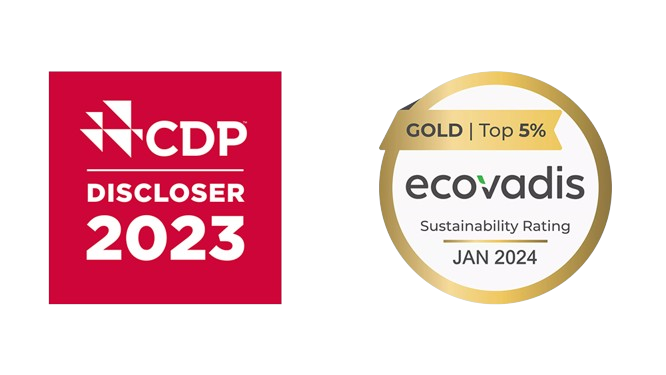
Sustainable performance through committed governance
We assess progress towards our sustainability targets according to a strict timetable, using quantitative performance indicators. Indicators are monitored by our executive management and CSR Committee.
In addition, 20% of SUEZ executives’ long-term compensation is linked to the attainment of these targets, with a focus on health and safety, reductions in greenhouse gas emissions and equal opportunities.
This approach to assessing progress forms part of a broader governance arrangement that aims to ensure that issues relating to sustainability, ethics and risk management are taken into account at all levels of the Group, and that we report on them to all our stakeholders. Our Non-Financial Performance Statement, Ethics Charter, Human Rights Policy and Vigilance Plan constitute our key reporting documents on these matters.
Any breach of the fundamental principles set out in those documents can be reported to [email protected]
Tangible action for the climate, nature and people
Everywhere we operate, we take action to increase the positive impact of our water and waste management activities.
Discover also
